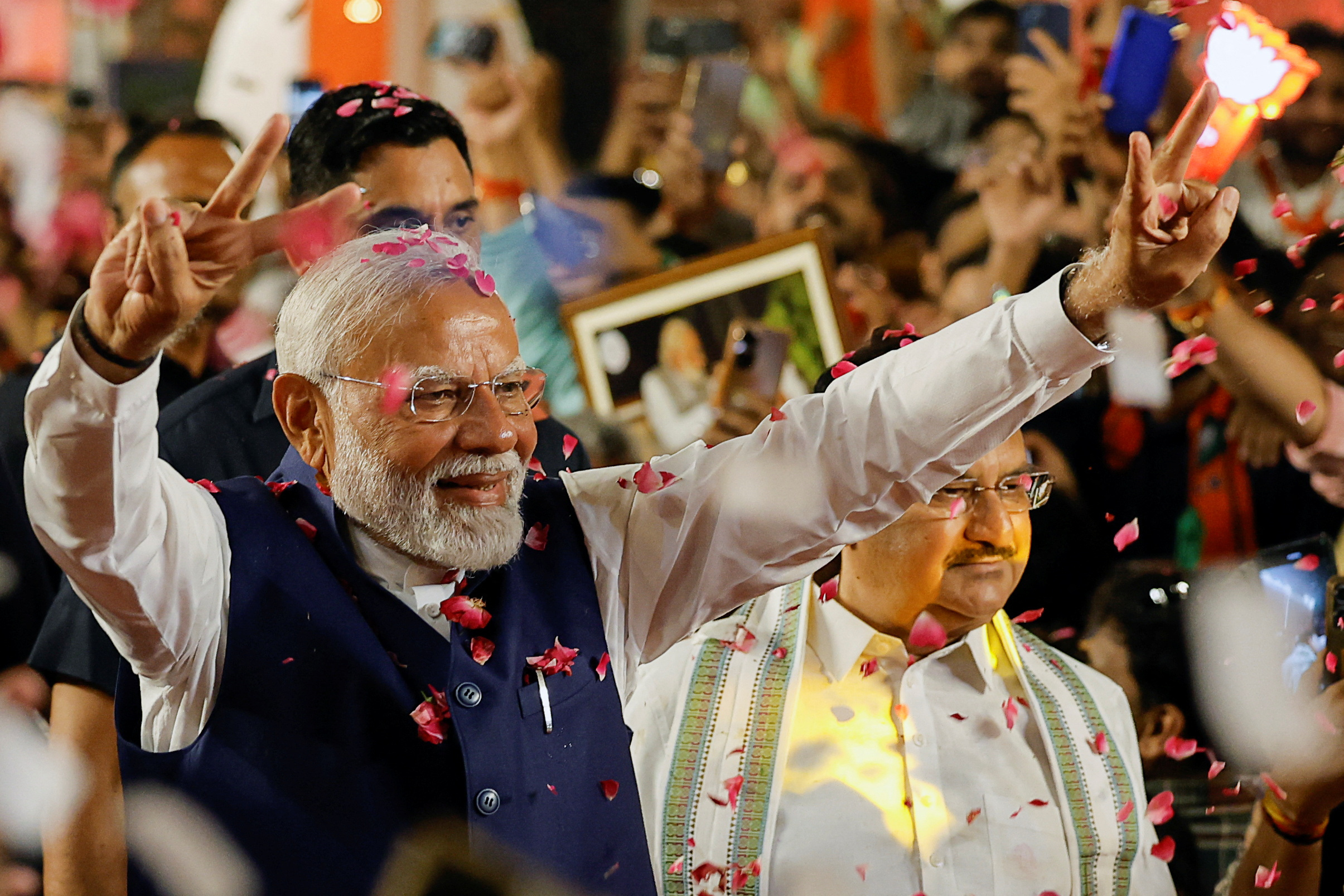1. Electoral Structure: The Philippines follows a presidential system. The country is divided into regions, provinces, cities, municipalities, and barangays (villages). Elections are held at the national level to elect representatives to the Philippine Congress and the President of the Philippines.
2. Philippine Congress: The Philippine Congress consists of two houses – the Senate and the House of Representatives.
3. Senate: The Senate is the upper house of the Philippine Congress. It has 24 members, known as Senators, who are elected at large nationwide. Each senator serves a term of six years, with half of the seats up for election every three years.
4. House of Representatives: The House of Representatives is the lower house of the Philippine Congress. It has 304 members, known as Representatives. Representatives are elected from legislative districts within the country. The number of representatives for each district is based on population size, with some districts having more than one representative. The term for a Representative is three years.
5. Voting System: The Philippines uses a plurality-at-large voting system for the Senate and a plurality voting system for the House of Representatives. In the Senate elections, voters cast a vote for up to 12 candidates, and the top 12 vote-getters are elected. In the House of Representatives, voters cast a vote for a candidate in their respective legislative district, and the candidate with the highest number of votes wins the seat.
6. Presidential Election: The President of the Philippines is elected through a direct popular vote. The presidential election takes place every six years. The candidate who receives the highest number of votes nationwide is declared the winner. The President can serve only one six-year term and cannot be re-elected.
7. Commission on Elections (COMELEC): The Commission on Elections is an independent constitutional body responsible for managing and conducting elections in the Philippines. It oversees voter registration, candidate nominations, and the administration of elections. It ensures the integrity and transparency of the electoral process.
8. Voter Eligibility: To be eligible to vote in national elections in the Philippines, a person must be a Filipino citizen, at least 18 years old on the day of the election, and registered on the electoral roll.



